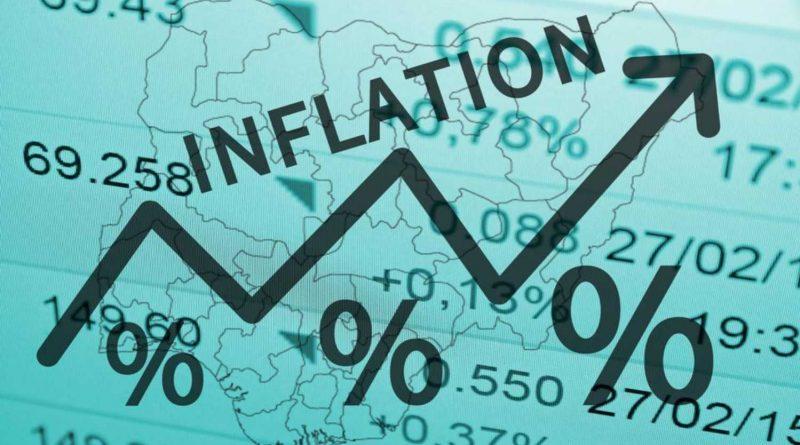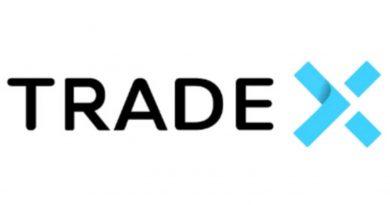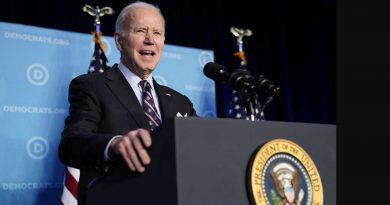Inflation in Euro zone hits another record of 9.1% as food and energy prices soar – Hannah Ward-Glenton
Euro zone inflation hit a new record high in August of 9.1%, according to flash figures from Europe’s statistics office Eurostat, with high energy prices the main driving force.
The rate was above expectations, with a Reuters poll of economists anticipating a rate of 9%. It is the ninth consecutive record for consumer price rises in the region, with the climb starting back in November 2021. Headline inflation in the euro zone hit 8.9% (year-on-year) in July.
Energy had the highest annual inflation rate at 38.3%, Eurostat said Wednesday, down slightly from 39.6% in July. Food, alcohol and tobacco were up 10.6% compared to 9.8% in July, with the knock-on effects of recent heatwaves across the continent contributing to increases.
Non-energy industrial goods, such as clothing, household appliances and cars were up 5% compared to last year, a 0.5 percentage point increase on last month, while services were up by 3.8% in price year-on-year, 0.1 percentage points more than in July.
French and Spanish inflation slows
Drilling down into national figures, the French inflation rate decreased to 6.5% in August, down from 6.8% in July. The rate was lower than expectations, with economists polled by Reuters having anticipated a drop to 6.7%.
Spain also released slowing inflation figures for August, at 10.3% year-on-year compared to 10.7% for July, according to the Eurostat flash estimate.
Meanwhile, the region’s largest economy, Germany, saw inflation reach its highest level in almost half a century at 8.8% year-on-year in August.
Estonia currently has the highest inflation rate in the euro zone at 25.2%, followed by Lithuania (21.1%) and Latvia (20.8%). Malta and Finland follow France with the lowest inflation rates, at 7.1% and 7.6% respectively.
The ECB ‘has some catching up to do’
Inflation continues to hit new records just as the European Central Bank mulls another large interest rate hike for next month.
The ECB increased interest rates by 50 basis points to zero on July 21 – its first rate hike in 11 years – and a similar, or larger, hike is now expected on Sept. 8.
“Some members are inclined to advocate a 75 basis points interest rate increase,” Peter Schaffrik, global macro strategist at RBC Capital Markets, told CNBC’s “Squawk Box Europe” on Wednesday.
“Despite the slowdown in the economy that we will almost certainly be getting, the central banks won’t let up on their hiking path,” he said.
The outlook for Europe’s economy is “pretty bleak,” Kenneth Wattret, head of economics at S&P Global Market Intelligence, told CNBC’s “Street Signs Europe” on Aug. 23.WATCH NOWVIDEO01:46France’s Le Maire: EU must decouple price of gas and decarbonized energy ‘as soon as possible’
“It looks inevitable that the euro area is headed for a recession. The question is only how deep it will be and how long it will last,” he said. The ECB “has some catching up to do,” according to the economist.
“The ECB is way behind the curve, inflation is exceptionally elevated and likely remain that way for at least the next seven months,” Wattret said.
France’s Finance Minister Bruno Le Maire told CNBC’s Charlotte Reed Tuesday that inflation is a main focus for the nations of Europe in the short term. “The key challenge that we all have to face for the next weeks and the next months, is to reduce the level of inflation everywhere in Europe,” Le Maire said.
“So it’s up to the ECB to take the right decisions, and we fully trust the ECB to take the right decisions, but the key point is to have a decrease in the level of inflation everywhere in Europe,” he said. SOURCE: CNBC – Hannah Ward-Glenton




